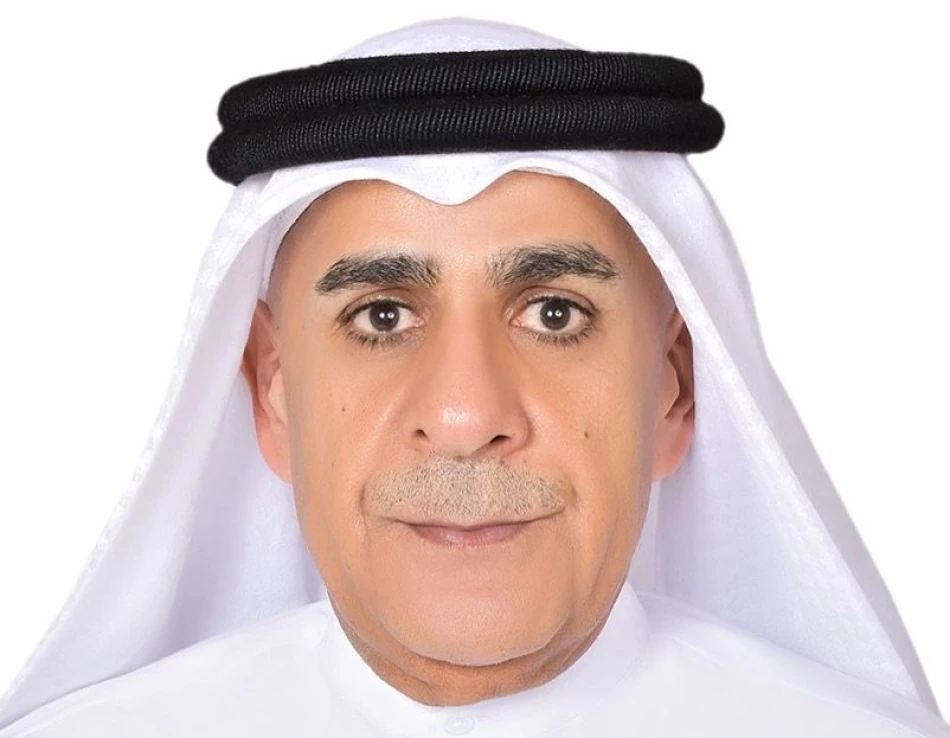
Emirati Basketball Federation Elects Alfardan as President in Acclamation
UAE Basketball Federation Gets New Leader as Abdullatif Al-Fardan Runs Unopposed
Abdullatif Al-Fardan has been confirmed as the new president of the UAE Basketball Federation for the 2024-2028 term after running completely unopposed, highlighting either strong consensus around his leadership or concerning lack of competitive governance in Emirati sports administration.
Uncontested Victory Raises Questions About Democratic Process
The UAE Basketball Federation's election committee, chaired by legal advisor Badr Al-Hammadi, concluded its Tuesday meeting by confirming that Al-Fardan, representing Sharjah Club, was the sole candidate to submit nomination papers for the presidency. With no objections filed during the mandatory legal period for challenges, his appointment became automatic.
While uncontested elections can signal broad support for a candidate's vision, they also raise questions about the health of democratic processes within sports federations. The absence of alternative candidates suggests either unanimous confidence in Al-Fardan's capabilities or potential barriers preventing others from stepping forward.
Strategic Implications for UAE Basketball Development
Building on Regional Sports Ambitions
Al-Fardan's unopposed victory comes at a crucial time for UAE basketball, as the nation continues expanding its sports infrastructure and international profile. The UAE has been aggressively investing in sports development as part of its broader economic diversification strategy, similar to neighboring Saudi Arabia's Vision 2030 initiatives.
His four-year mandate will likely focus on developing local talent pipelines and potentially attracting international tournaments to UAE venues, building on the country's success in hosting major sporting events from Formula 1 to global football competitions.
Governance Challenges Ahead
The new president inherits a federation that, like many regional sports bodies, faces the challenge of balancing traditional governance structures with modern transparency demands. International sports federations increasingly scrutinize member organizations for democratic practices and financial accountability.
Al-Fardan will need to demonstrate that his unopposed election reflects genuine support rather than systemic issues that discouraged potential competitors. This becomes particularly important as the UAE positions itself as a hub for international sports governance and hosting rights.
Regional Context and Future Outlook
The UAE's approach to sports federation leadership mirrors broader regional trends where stability and continuity often take precedence over contested elections. However, as the country seeks greater integration with international sports bodies and hosting opportunities, demonstrating robust governance practices becomes increasingly valuable.
Al-Fardan's success will ultimately be measured not by the manner of his election, but by his ability to elevate UAE basketball's regional standing and develop sustainable pathways for local talent. His tenure begins with the advantage of apparent unity within the federation, but the real test lies in translating that consensus into tangible progress for the sport.
Most Viewed News

 Sara Khaled
Sara Khaled






